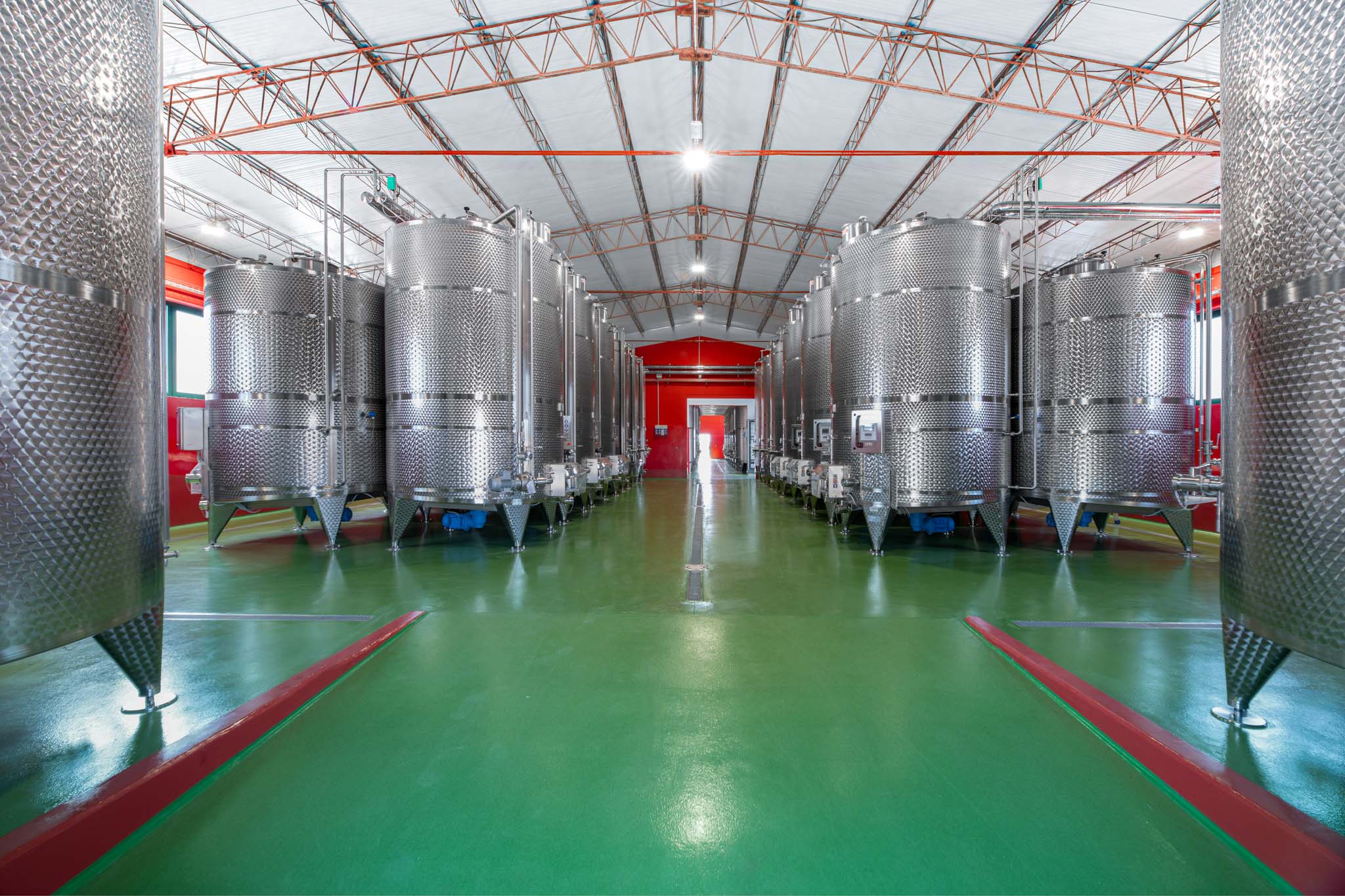What is a Vapor Barrier?
A vapor barrier is a material used in construction to prevent the passage of water vapor through the floors and walls of a building. This helps prevent problems related to moisture, such as mold formation, deterioration of building materials, and loss of energy efficiency. Here is a more detailed overview:
Main Function
Moisture Control: The vapor barrier limits the rise of moisture from the outside to the inside of a building and allows water vapor to escape to avoid creating condensation on the surfaces. This is particularly important in cold and humid climates, where moisture can condense within the floors and cause damage.
Resin Vapor Barrier:
The resin vapor barrier is an effective solution for protecting structures such as floors and walls from moisture. To create it, the surface must be carefully prepared by cleaning it of dust, dirt, and grease, and by sanding or grinding it to improve adhesion. Then, a specific primer for resin is applied, which helps the resin adhere better. After mixing the resin according to the manufacturer's instructions, it is applied evenly with a special spatula, ensuring all areas are covered without leaving any gaps. It is crucial to let the resin dry according to the times indicated by the manufacturer, avoiding touching the surface during this period. In some cases, a second layer may be necessary for greater effectiveness. Once dry, the treated surface will be uniform, providing optimal protection against moisture. The entire process must be carried out in a well-ventilated area using protective equipment such as gloves, a mask, and goggles, carefully following all the manufacturer's instructions to achieve a long-lasting and effective result.
Advantages of Resin Vapor Barrier Over Other Vapor Barriers:
The resin vapor barrier offers numerous advantages over other types of vapor barriers. First, the epoxy resin creates a homogeneous, impermeable, and durable surface that effectively resists moisture, preventing infiltrations that could damage the underlying structures. This type of barrier has a remarkable lifespan and requires little maintenance compared to solutions like polyethylene sheets, which can deteriorate and need periodic replacements.
Additionally, the resin vapor barrier has excellent adhesion capabilities to various surfaces, including concrete, wood, and metal, ensuring uniform protection without the risk of shifting or cracking. The resin can be applied relatively easily and allows for the creation of a continuous layer, without seams, which could be a weak point in other types of vapor barriers such as bituminous membranes.
Another significant advantage is the chemical resistance of the resin, making it ideal for industrial environments or areas subject to contamination. This property is particularly useful compared to materials like PVC sheets, which can deteriorate when exposed to aggressive chemicals.
Finally, the versatility of the resin allows for applications of very thin layers, thus adapting to the specific needs and limitations of the project, whether in residential or industrial settings. This level of customization and performance is not easily achievable with more traditional solutions. In summary, the resin vapor barrier stands out for its durability, effectiveness, versatility, and resistance, offering superior protection compared to other types of vapor barriers.
Applications of the Vapor Barrier:
- Floors: In floors, especially on cold or damp ground, to prevent moisture from rising through the flooring.
- Walls: Installed within walls to prevent water vapor from penetrating insulators and structural materials.
Benefits of the Vapor Barrier:
- Mold Prevention: Keeps structures dry, reducing the likelihood of mold and fungus formation.
- Protection of Building Materials: Prevents the degradation of building materials caused by moisture.
- Energy Efficiency: Helps maintain a more comfortable indoor environment and reduce heating and cooling costs.
In summary, a vapor barrier is an essential element in construction for moisture control, structural protection, and improving energy efficiency.


